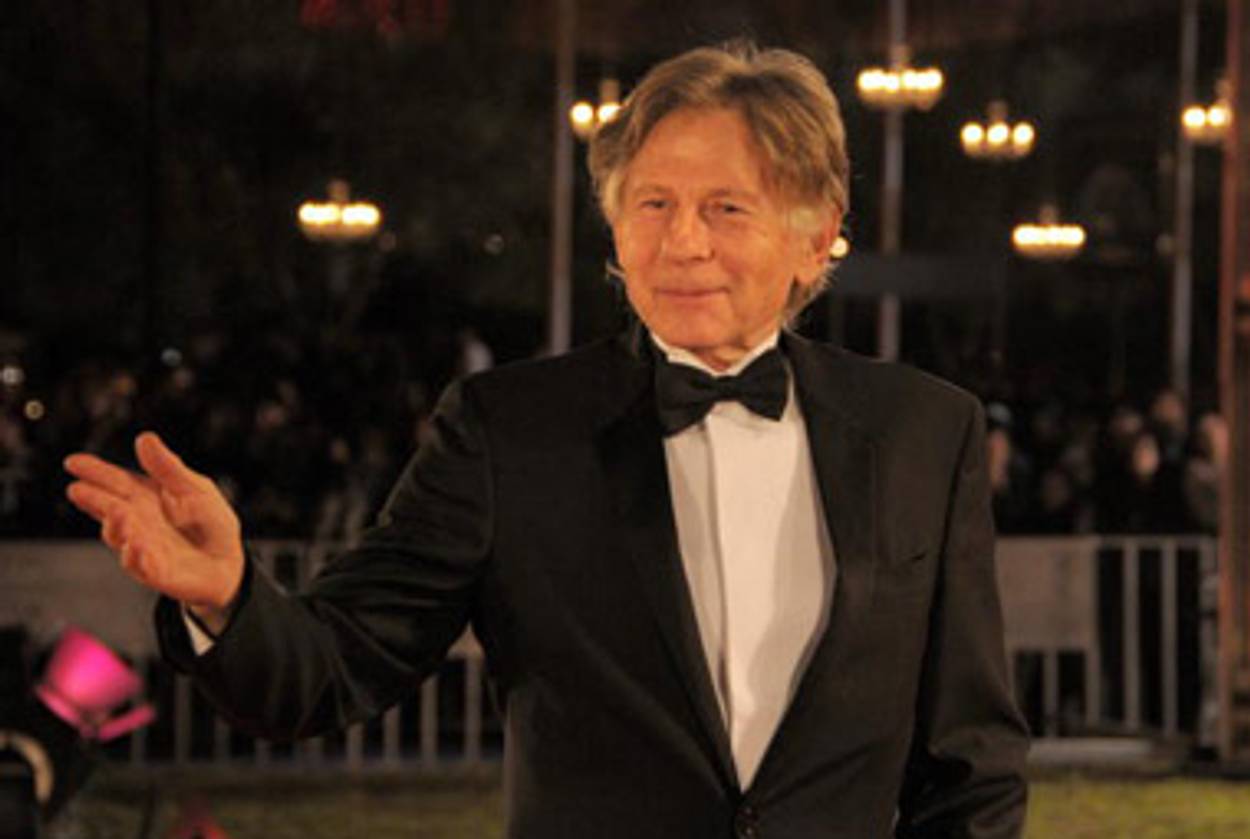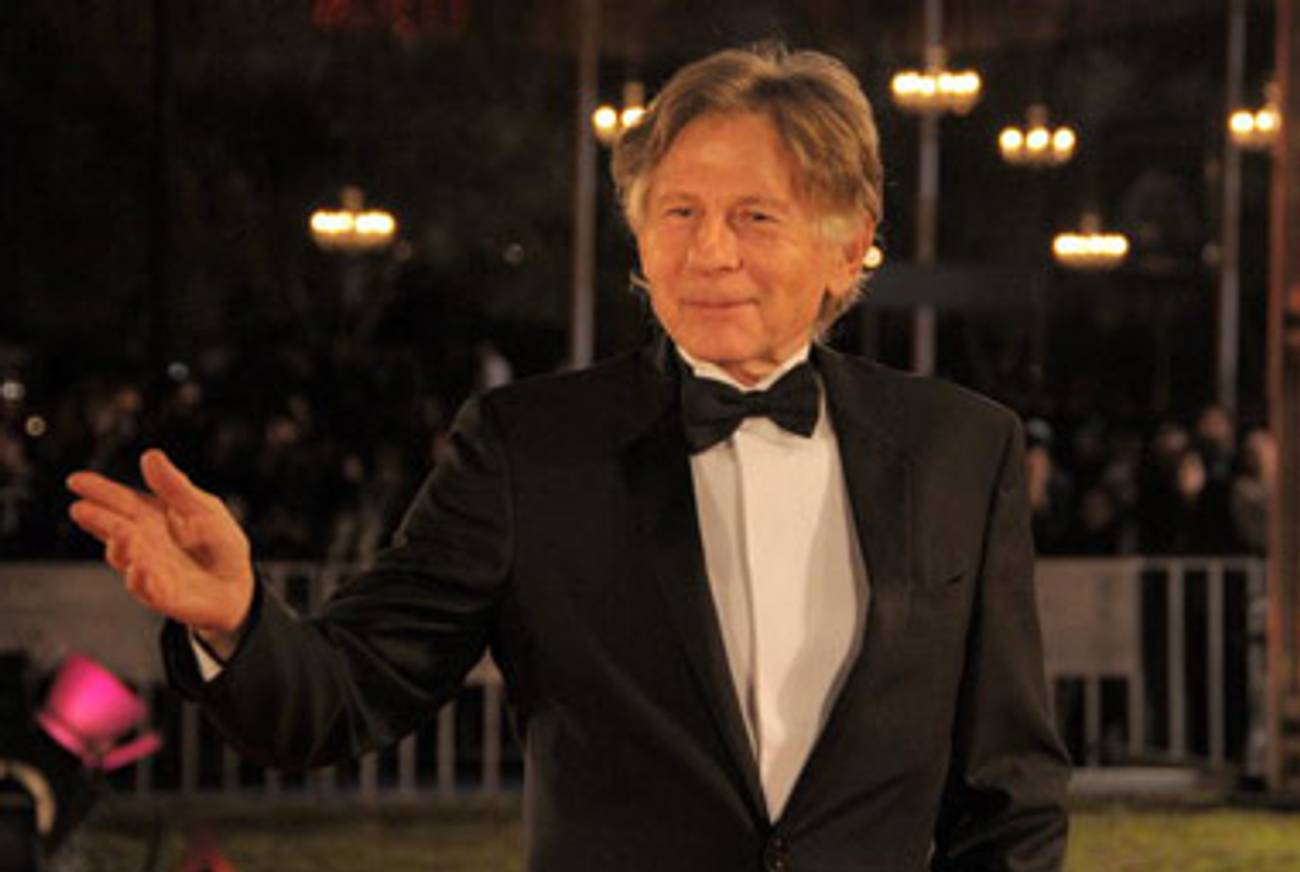Whither Polanski
With silence from Switzerland, everyone else debates director’s arrest




If Roman Polanski were making a movie about his own extraordinary life—beginning with his childhood escape from the Krakow ghetto during the Holocaust, tracing his catapult into Hollywood fame with Rosemary’s Baby, moving on to his pregnant wife Sharon Tate’s murder by the Manson Family, following his guilty plea to charges of sexually abusing a 13-year-old girl in a drug-fueled episode at Jack Nicholson’s house, and then documenting his subsequent decades as a highly visible, Oscar-winning fugitive from a possible California prison sentence—he couldn’t have found a more melodramatic way to open the denouement than what happened this weekend, when L.A. prosecutors arranged his arrest in Switzerland on the eve of Yom Kippur.
As it happens, Polanski, who has been in a Zurich jail since Saturday, is just about the only person who hasn’t been heard from on the subject of how much, or how little, he has left to atone for, at this late date. On one side are those who insist that Polanski committed a heinous crime and must be held accountable to the law. One conservative blogger, Jim Lindgren, dug up an essay on Salvador Dali’s personal trespasses by George Orwell, who, as it happens, cited the hypothetical rape of little girls in railway carriages by William Shakespeare. “We should not tell him to go ahead with it on the ground that he might write another King Lear,” Orwell wrote, in 1944. Or, as Nick Gillespie asked on Reason’s blog, “Would these same people be backing Polanski if he were a Catholic priest?”
That line of argument seems to miss the point of the arrest, which isn’t about the crime itself—Polanski did, after all, plead guilty—but about the responsibility to serve prison time, whether or not it’s what your lawyers negotiated for you. On that point, Hollywood and European heavyweights like Harvey Weinstein and Thierry Fremaux, director of the Cannes film festival, have been quick to argue that Polanski has had quite a hard enough life already; that his victim, Samantha Geimer, has publicly forgiven him and asked that the case be dropped; and, moreover, that he already served the time stipulated in his plea agreement, which, according to an HBO documentary released last year, was subsequently violated by the supervising judge.
“How do you go from the Holocaust to the Manson family with any sort of dignity? In those circumstances, most people could not contribute to art and make the kind of beautiful movies he continues to make,” Weinstein writes in today’s Independent. Others, like the Los Angeles Times’s Patrick Goldstein, who compares the prosecutors who set the arrest in motion to Victor Hugo’s relentless Javert, added that prosecutors in his bankrupt state, which is instituting court furloughs to save money, surely have better things to do than persecute a famous movie director for a crime that, sadly, isn’t that exceptional.
Meanwhile, Newser’s Michael Wolff casts aspersions on the motives of the prosecutors (publicity) and the Swiss (quid pro quo, in connection with ongoing cases relating to UBS’ involvement abetting of tax evasion). “Arresting Polanski is about the L.A. prosecutor’s office’s public relations,” Wolff wrote.
Of course, Polanski already knows how that part of the movie goes. We’ll see whether L.A. really is still Chinatown.
Allison Hoffman is a senior editor at Tablet Magazine. Her Twitter feed is @allisont_dc.